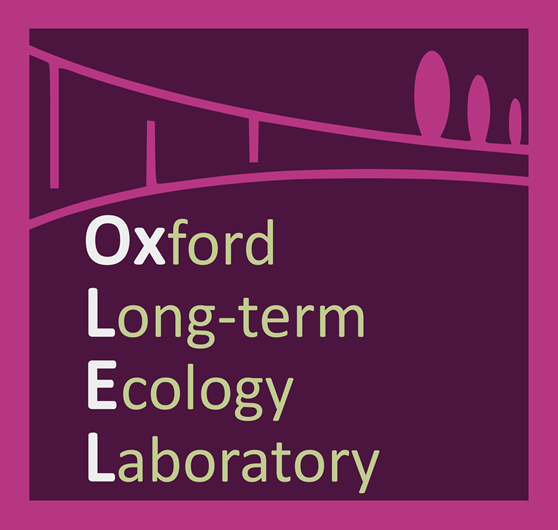Resilience of Tropical Peat Swamp Forests
Description
Tropical peat swamp forests are undergoing some of the most rapid rates of deforestation and land use change on earth. As well as being rich in biodiversity and providing important ecosystem services to local communities, such as water regulation, they hold a disproportionately large volume of the earth’s terrestrial carbon store. However, we know relatively little about how stable that store is; how vegetation, climate and carbon storage have interacted in the past; and fundamentally how this ecosystem responds to disturbances, restricting our knowledge on how to manage this ecosystem for persistence under elevated contemporary and future change. Fossil pollen and charcoal analysis offers a method for investigating how vegetation has responded to different disturbances in the past, from climatic changes to human disturbance. To extend our knowledge on the ecological dynamics and resilience of these vital ecosystems, we have performed palaeoecological analyses on three different peatlands in the tropics of Malaysian Borneo.


 Dr. Lydia Cole
Dr. Lydia Cole Professor Katherine J. Willis
Professor Katherine J. Willis